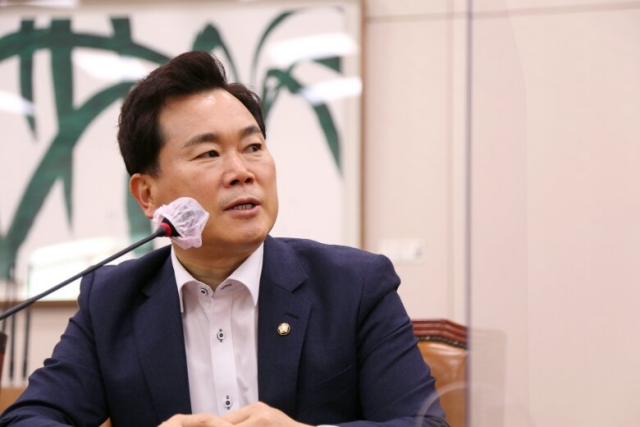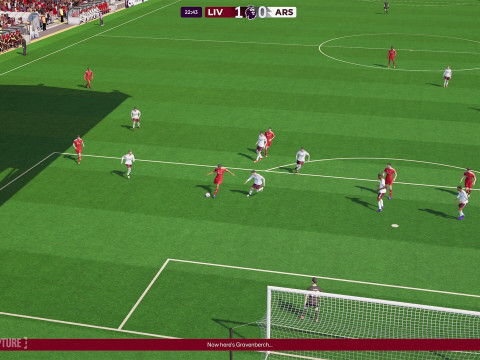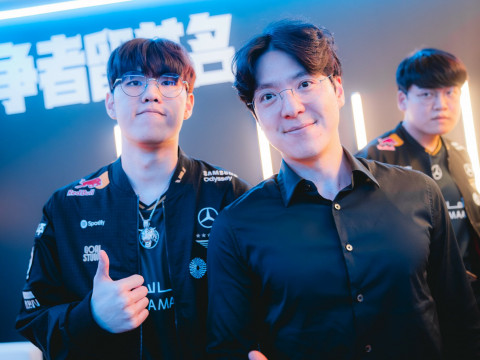
To address the increasingly sophisticated problem of illegal private servers, a proposal has been made to introduce an “Offensive Security” framework—an active-defense concept that goes beyond traditional measures by allowing investigative authorities to neutralize the servers where crimes are actually taking place.
Rep. Kim Seung-soo (People Power Party), a member of the National Assembly’s Culture, Sports and Tourism Committee, put forward the “Offensive Security” proposal on the 5th. The Korea Creative Content Agency (KOCCA) responded, “We view it very positively.”
Despite the enormous damage being caused, Rep. Kim criticized the Ministry of Culture, Sports and Tourism for limiting its response to ex-post measures such as receiving copyright-infringement reports and requesting site blocks, emphasizing the need for a shift in mindset.
Jang Jun-won, Senior Advisor at Yoon & Yang LLC, explained that “Offensive Security” is a concept in which investigative authorities directly intervene in criminal systems. Rather than merely tracking and apprehending perpetrators, the approach aims to incapacitate the servers themselves and dismantle the criminal organization’s business model.
Senior Advisor Jang stated, “For cybercrimes that have seen no progress over extended periods, we need to discuss a plan to enter servers directly after putting legal safeguards in place,” adding, “Once inside a server, it becomes possible to understand the entire structure and business model of the criminal organization, enabling a sweeping takedown and allowing for sustained strikes against outfits with weak security.”
Under the current Information and Communications Network Act, “intrusion without legitimate access authority” is broadly prohibited, creating a limitation whereby even a victim company’s access to a server for investigative purposes could be unlawful.
In response, Senior Advisor Jang proposed leveraging the existing judicial framework rather than creating new legislation. “Only when other investigative techniques fail (the principle of subsidiarity), we would obtain a warrant from the court and carry out the operation, thereby ensuring procedural legitimacy,” he said, citing examples from the United States and the Netherlands.
Attorney Seol Ji-hye of Yoon & Yang commented, “The breadth of the current statutory provisions is such that even defensive countermeasures by private companies to protect themselves could be illegal,” proposing that “an exception clause be established in subordinate regulations such as Presidential Decrees, clearly defining the scope of justifiable self-defense responses at the private-sector level.”
KOCCA expressed agreement with Rep. Kim’s views, stating, “We view the introduction of a Korean-style Offensive Security system very positively.” The agency added, “The Game Rating and Administration Committee is investigating illegal private game servers and referring cases for criminal investigation, and the game industry is also struggling,” and pledged to “work with the Game Rating and Administration Committee and other relevant institutions to supplement the legal and institutional limitations in order to enhance effectiveness.”
![]()
- Doohyun "Biit" Lee
- Email : biit@inven.co.kr







Sort by:
Comments :0